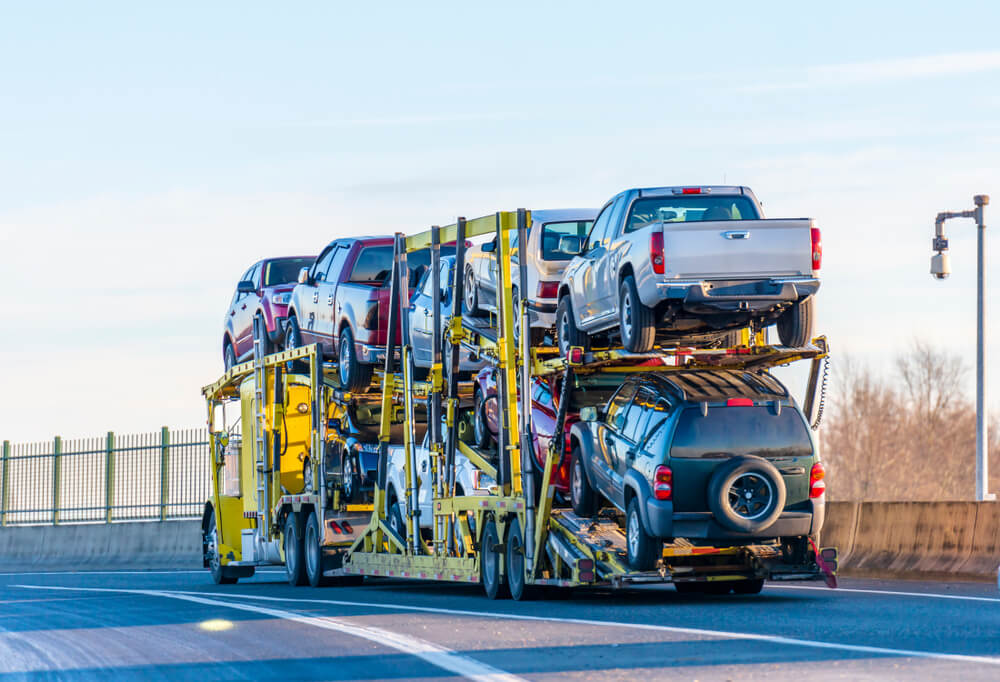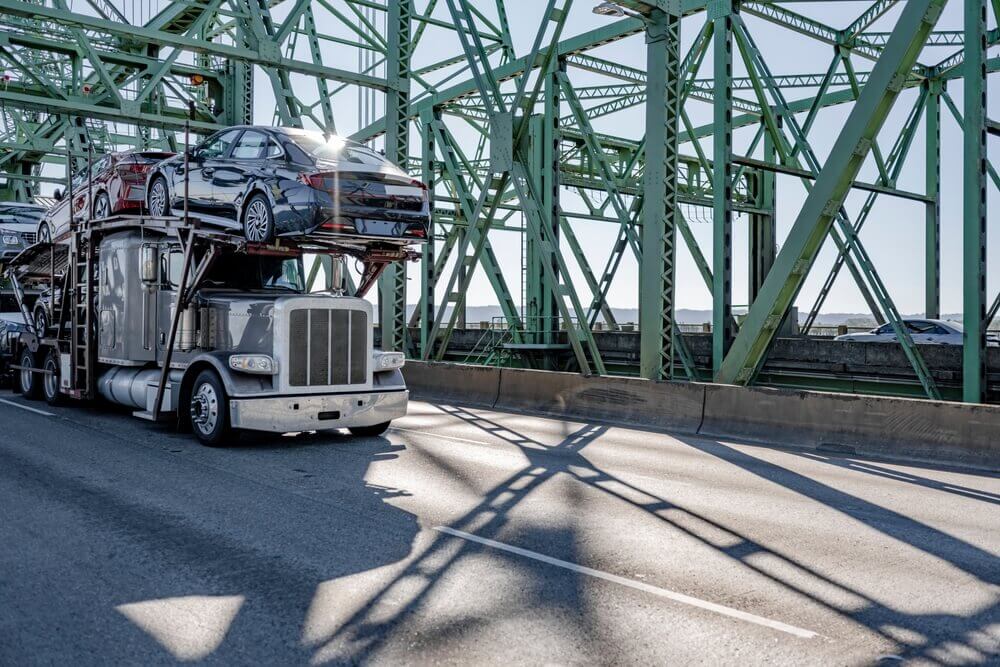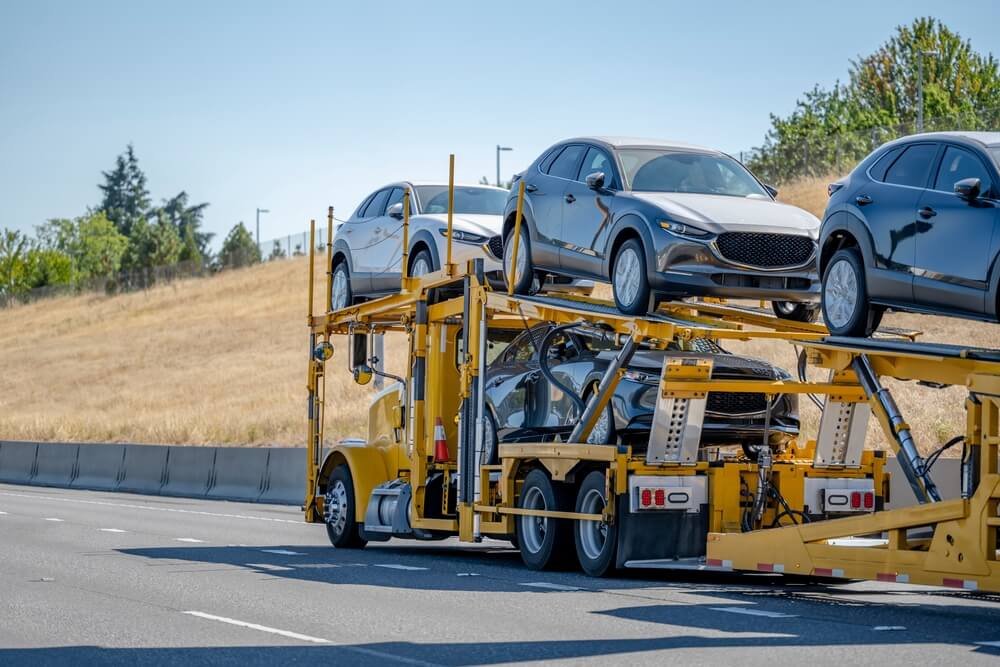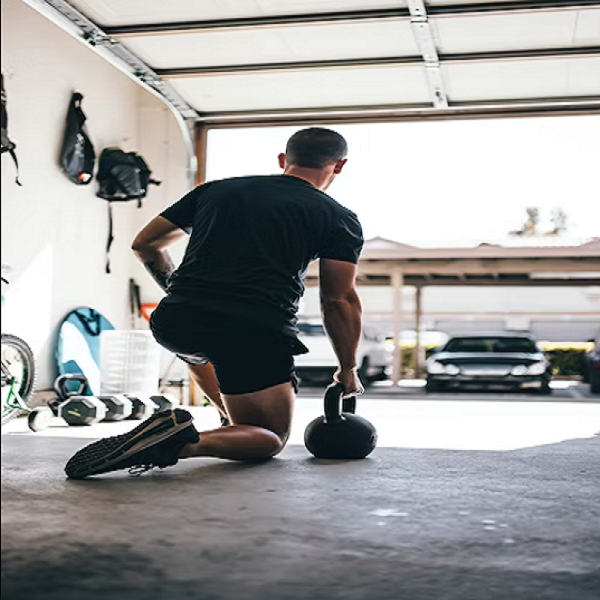
Auto Transport New York is a vital service for residents, car dealerships, and businesses needing to ship vehicles to or from the Empire State. Whether you’re relocating across the country, purchasing a vehicle out of state, or heading south for the winter, auto transport services offer a convenient, secure, and time saving solution. In this article, we’ll explore how auto transport works in New York, the types of services available, what factors affect pricing, and tips for choosing a trustworthy provider.
Why Choose Auto Transport Services in New York?
New York is one of the most populous and densely trafficked states in the U.S. Driving across long distances, especially from upstate New York to places like Florida or California, can be exhausting and risky. Auto transport eliminates the stress and wear and tear by offering professional, insured delivery of your vehicle right to your door or a nearby terminal.
Auto transport companies specialize in handling logistics, managing routes, and securing vehicles to prevent damage. This makes them ideal for busy professionals, families relocating, snowbirds, or those purchasing or selling vehicles online.
Types of Auto Transport Options
Customers can choose between several types of auto transport depending on budget, timeframe, and vehicle type:
- Open Carrier Transport: The most common and economical option. Vehicles are loaded onto a multi car trailer, exposed to the elements but securely fastened.
- Enclosed Carrier Transport: Offers protection from weather and road debris, perfect for luxury, antique, or classic cars.
- Door to Door Service: The carrier picks up and delivers the vehicle as close to your home as possible.
- Terminal to Terminal Service: A more affordable option where you drop off and pick up your car at a local terminal.

Cost Factors in Auto Transport
Several variables influence how much you’ll pay to ship a car in or out of New York:
- Distance: Longer distances generally mean higher costs, though cost per mile tends to decrease with distance.
- Vehicle Size and Type: Larger or heavier vehicles cost more to transport.
- Transport Type: Enclosed transport costs significantly more than open carriers.
- Season and Timing: Prices rise during peak moving seasons (summer and winter snowbird months).
- Fuel Prices and Route Availability: These fluctuating variables also affect quotes.
On average, shipping a car from New York to Florida costs between $700 to $1,200, while coast to coast moves can range from $1,000 to $1,800.
Preparing Your Vehicle for Transport
Before handing your car over to a transport company, it’s essential to prepare it properly:
- Clean the Car: This allows for a more accurate inspection of any pre existing damage.
- Document Condition: Take photos of your car from all angles and note existing dents or scratches.
- Check Fluids and Tire Pressure: Ensure there are no leaks and that the car is drivable.
- Remove Personal Items: Most companies prohibit items inside the vehicle for liability reasons.
- Disable Alarms: Prevent delays and issues during loading and unloading.
Choosing the Right Auto Transport Company
New York has many auto transport companies, but not all are equal. Here’s how to identify a reputable provider:
- FMCSA Registration: The company should be registered with the Federal Motor Carrier Safety Administration. You can verify this using their official website.
- Insurance Coverage: Ensure your car is covered during transit. Request a copy of the carrier’s insurance policy.
- Transparent Pricing: Be wary of companies offering rates significantly below average. Hidden fees often follow.
- Customer Reviews: Check platforms like the Better Business Bureau, Google, and Yelp for genuine feedback.
- Experience and Communication: Choose companies that offer dedicated agents and real time tracking.

Popular Routes In and Out of New York
Due to its central location and large population, New York serves as a major auto transport hub. Some of the most common routes include:
- New York to Florida: Popular among snowbirds and retirees.
- New York to California: For relocations, job transfers, or college students.
- New York to Texas: Increasing due to job growth and real estate trends.
Similarly, many vehicles are transported into New York from neighboring states, especially for online vehicle purchases and military relocations.
Final Thoughts
Auto transport in New York provides a safe and effective way to move vehicles across state lines or coast to coast without the stress of a long drive. From choosing between open and enclosed carriers to preparing your vehicle for pickup, knowing what to expect ensures a smooth shipping experience. With careful planning and a reliable provider, you’ll enjoy peace of mind knowing your car is in good hands wherever the road may lead.

